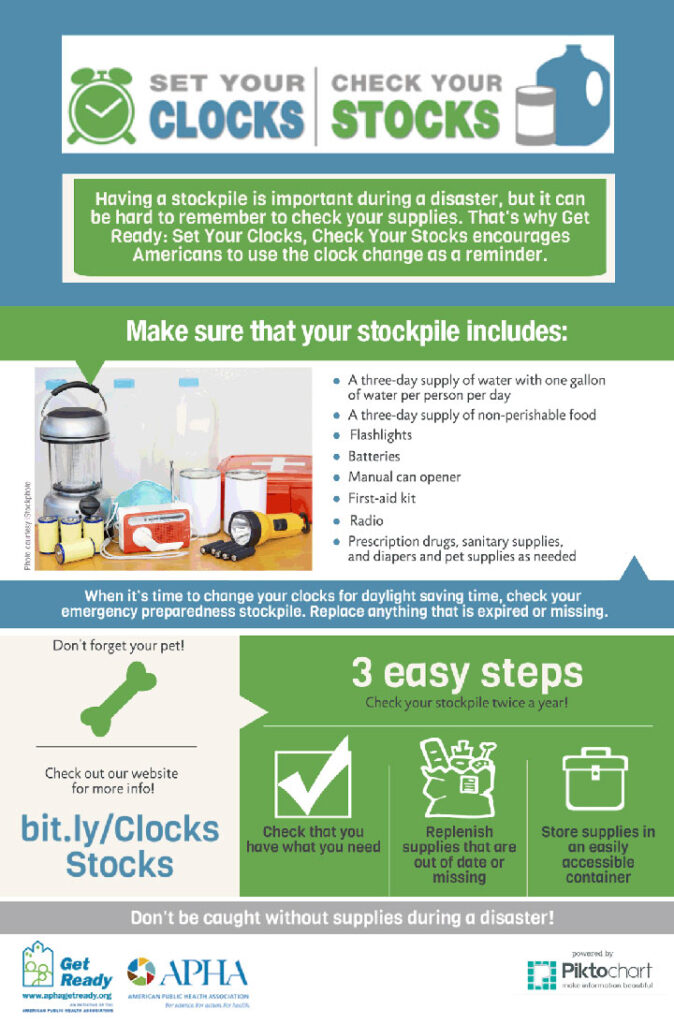| RALEIGH — With warmer weather on the way, the North Carolina Department of Health and Human Services urges North Carolinians to “Fight the Bite” by taking measures to reduce their risk of tick- and mosquito-borne diseases. In 2022, almost 700 cases of tick- and mosquito-borne illnesses were reported in the state.
As part of this April’s Tick and Mosquito Awareness Month, NCDHHS is announcing the return of the Fight the Bite campaign to increase awareness about the dangers of tick- and mosquito-borne diseases and to educate North Carolinians about measures they can take to protect themselves.
“Ticks and mosquitoes are everywhere in North Carolina and their bites can cause serious diseases,” said Alexis M. Barbarin, Ph.D., State Public Health Entomologist. “We encourage all North Carolinians to explore the outdoors but do so safely and take protective measures like using DEET or other EPA approved repellants.”
Rocky Mountain spotted fever, Lyme disease and other tickborne diseases can cause fever, headache, rashes, flu-like illness and other symptoms that can be severe. Alpha-gal syndrome and southern tick-associated rash illness, or STARI, have been seen in the state as well. Most diagnoses of tick-borne diseases are reported between June and September, and cases of Lyme disease accounted for more than half of tick-borne diseases reported last year.
Ticks live in wooded, grassy and brushy areas; frequenting these areas can put you in contact with ticks and increase the potential exposure to vector-borne diseases. To reduce exposure to ticks:
The mosquito-borne diseases most often acquired in North Carolina are West Nile virus (WNV), eastern equine encephalitis (EEE) and La Crosse encephalitis (LAC). North Carolina reported the second-highest number of LAC cases in the United States between 2012 and 2021.
Most mosquito-borne diseases reported in the state are acquired while traveling outside the continental United States, including cases of malaria, dengue, chikungunya and Zika.
To reduce exposure to mosquitoes:
- Use mosquito repellent that contains DEET (or equivalent) when outside. Use caution when applying to children.
- Consider treating clothing and gear (such as boots, pants, socks and tents) with 0.5% permethrin.
- Install or repair screens on windows and doors and use air conditioning if possible.
- “Tip and Toss” — Reduce mosquito breeding by emptying standing water from flowerpots, gutters, buckets, pool covers, pet water dishes, discarded tires and birdbaths at least once a week.
Talk with your primary care provider or local health department if you plan to travel to an area where exotic mosquito-borne diseases occur.
Always check your destination to identify appropriate prevention methods. Travel associated health risk information is available at www.cdc.gov/travel.
The Fight the Bite Campaign is a collaboration between the NCDHHS, local health departments and schools to promote a K-12 poster artwork contest that uses illustration to increase tick- and mosquito-borne disease awareness in North Carolina. Entries are due April 10, and information regarding contest submission and deadlines can be found here. Winners of this statewide awareness poster contest will be announced at the end of April.
For more information on vector-borne diseases in North Carolina, please visit the NCDHHS Vector-Borne Diseases webpage here. |




